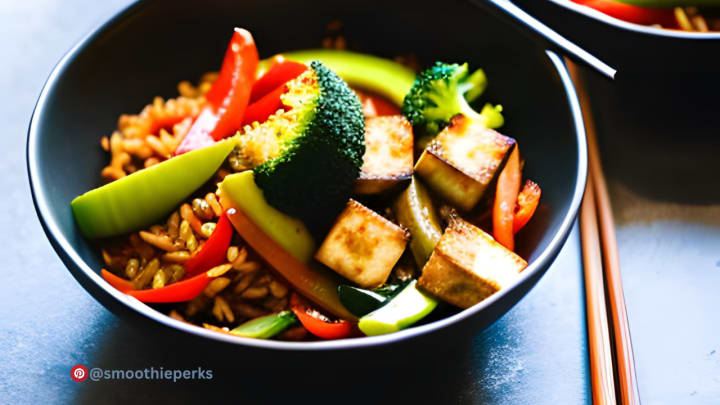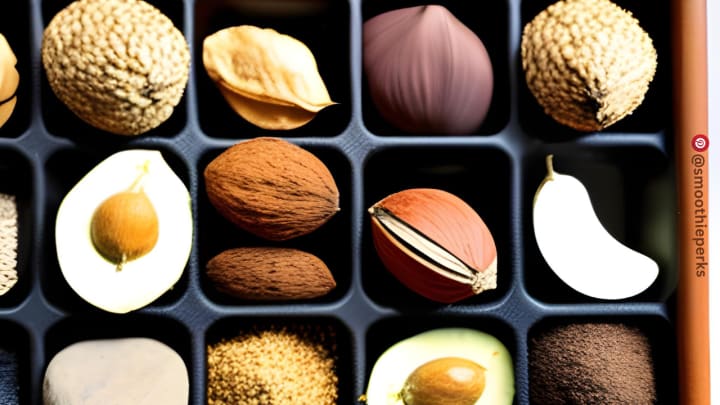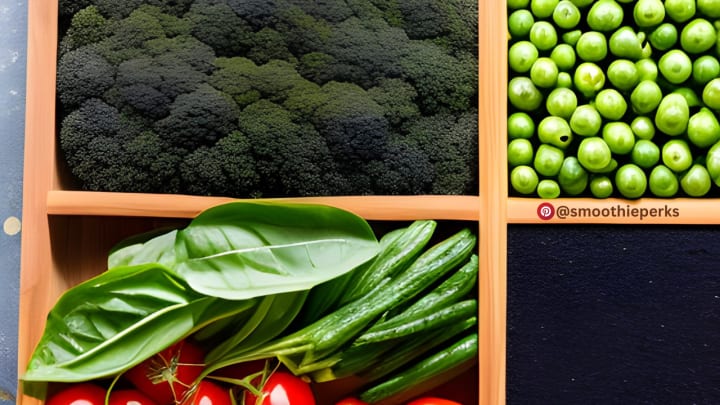No Meat, No Problem
10 Wallet-Friendly Protein Sources for Vegans

Veganism is a lifestyle that excludes all animal-derived products from one's diet, clothing, and daily life. It is a noble way of life that promotes compassion, health, and environmental sustainability. Veganism has become increasingly popular over the past decade, with more and more people adopting this lifestyle. However, a common misconception is that a vegan diet lacks protein, which is vital for muscle growth, repair, and overall health.
In this article, we will explore some of the best inexpensive protein sources for vegans.
Legumes:
Legumes are an excellent source of protein and are widely available at an affordable price. They include beans, peas, lentils, chickpeas, and peanuts. These are not only rich in protein but also in fiber, vitamins, and minerals. A single cup of cooked lentils contains approximately 18 grams of protein, making them an ideal protein source for vegans.

Tofu:
Tofu is a versatile and affordable protein source that is made from soybeans. It is an excellent substitute for meat and dairy products in recipes. Tofu is also a rich source of calcium, iron, and magnesium. It can be used in salads, stir-fries, soups, and even desserts.
Click here to discover exciting, easy-to-make plant-based recipes
Tempeh:
Tempeh is another soy-based protein source that is becoming increasingly popular among vegans. It is a fermented soybean cake that has a nutty flavor and chewy texture. It is an excellent source of protein, iron, and calcium. Tempeh can be grilled, sautéed, or used in sandwiches and salads.
Seitan:
Seitan, also known as wheat meat, is made from wheat gluten and is an excellent source of protein for vegans. It has a meat-like texture and can be used in place of meat in most recipes. It is also low in fat and cholesterol-free. Seitan can be baked, fried, or grilled, and it is a great addition to stir-fries, stews, and sandwiches.

Nuts and seeds:
Nuts and seeds are not only good sources of protein but also contain healthy fats, fiber, and essential minerals. They include almonds, walnuts, cashews, chia seeds, pumpkin seeds, and sunflower seeds. A quarter cup of almonds contains approximately 7 grams of protein. These can be eaten raw, roasted, or used in recipes.
Nutritional yeast:
Nutritional yeast is a deactivated yeast that is a rich source of protein and vitamins, especially vitamin B12, which is difficult to obtain on a vegan diet. It has a cheesy flavor and can be used in soups, sauces, and dressings. Nutritional yeast is also rich in iron and zinc.
Quinoa:
Quinoa is a gluten-free grain that is a rich source of protein, fiber, and essential minerals. It contains all the essential amino acids that the body needs to build muscle and repair tissues. It can be used in salads, soups, and stews, and it has a nutty flavor.
Click here to discover exciting, easy-to-make plant-based recipes
Oats:
Oats are an excellent source of protein, fiber, and minerals, such as iron and zinc. They are also low in fat and are a great way to start the day. A half-cup of rolled oats contains approximately 5 grams of protein. Oats can be used in porridge, smoothies, and baked goods.

Vegetables:
Although vegetables are not typically thought of as protein sources, some vegetables are surprisingly high in protein. These include broccoli, spinach, asparagus, and Brussels sprouts. One cup of cooked broccoli contains approximately 4 grams of protein. Vegetables can be eaten raw or cooked, and they can be used in salads, stir-fries, and soups.
Edamame:
Edamame is a young soybean that is harvested before it fully matures. It is an excellent source of protein, fiber, and essential minerals, such as iron and magnesium. Edamame can be eaten as a snack or used in salads, stir-fries, and soups.
In conclusion, a vegan diet can provide adequate protein if one includes a variety of protein sources in their meals. Legumes, tofu, tempeh, seitan, nuts and seeds, nutritional yeast, quinoa, oats, vegetables, and edamame are some of the best inexpensive protein sources for vegans. Incorporating these foods into one's diet will not only provide the necessary protein but also other vital nutrients that are essential for overall health and well-being.
It is essential to remember that a balanced vegan diet requires careful planning to ensure that all essential nutrients are being obtained. Consultation with a registered dietitian is recommended for anyone considering a vegan diet.
Click here to discover exciting, easy-to-make plant-based recipes
About the Creator
SmoothiePerks
Here you'll find info on eating well, but sensibly. You are what you eat after all. Meeting calorie needs, and choosing foods that are high in nutrients but low in calories is important. Delicious recipes will for sure pop-up.






Comments
There are no comments for this story
Be the first to respond and start the conversation.